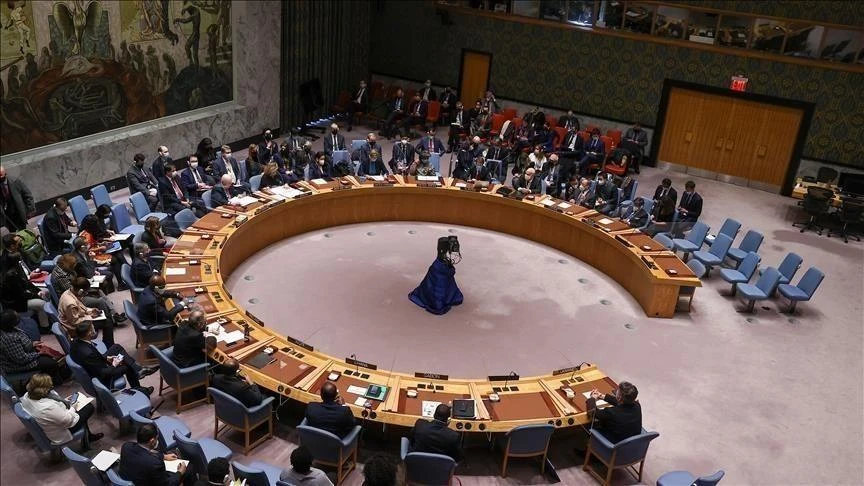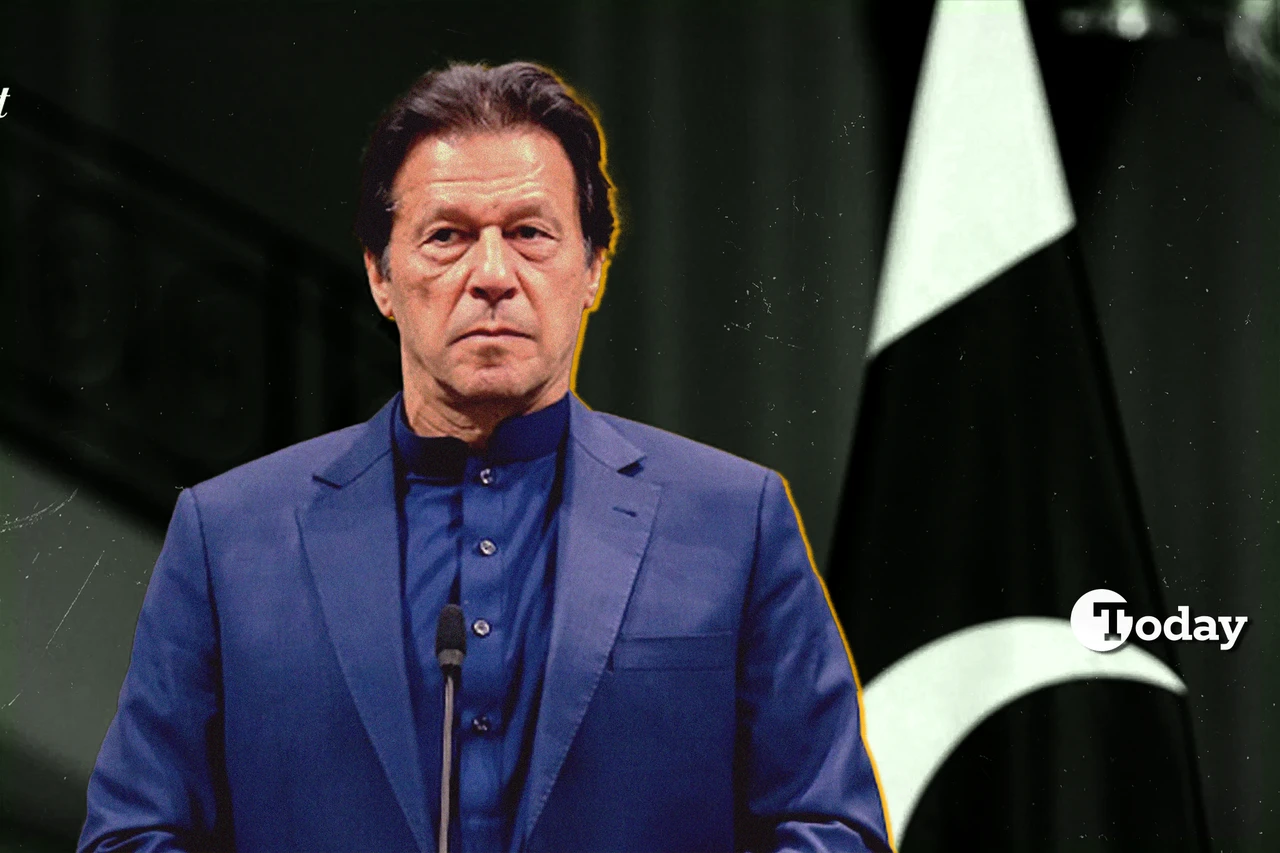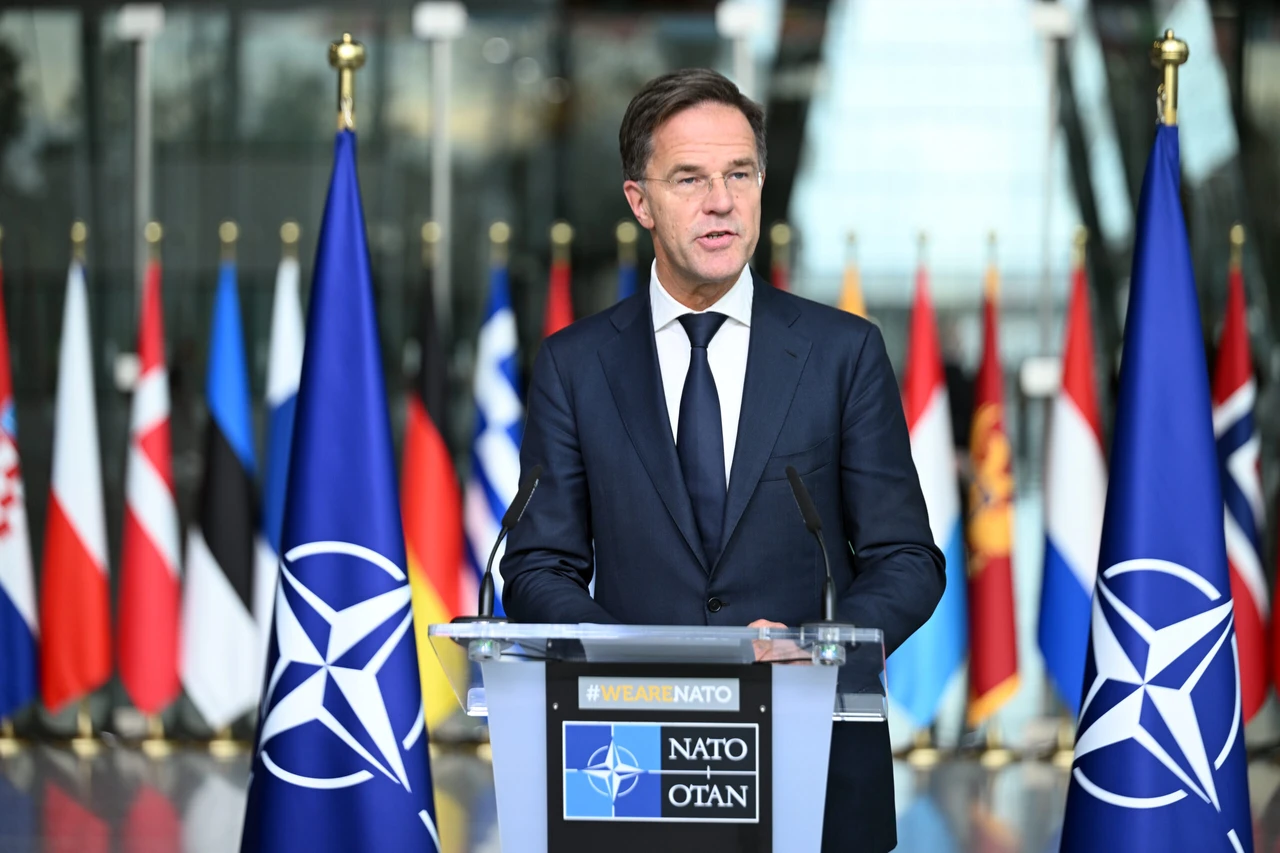UNSC addresses deepening Gaza crisis, urges immediate cease-fire

United Nations Security Council convenes a session to discuss the Middle East situation, encompassing the issue of Palestine
United Nations Security Council (UNSC) focused on the Middle East situation, notably the Palestinian crisis, and member nations reiterated their support for a cease-fire in the Gaza Strip at a meeting Tuesday.
The meeting, under U.N. Secretary-General Antonio Guterres, includes senior foreign ministers and ambassadors from the 15 Council members together with other nations that will have their say on the deepening crisis in Gaza, which is facing a humanitarian crisis from Israel’s unrelenting military operation and a mounting death toll amid escalating calls for an immediate cease-fire.
Jordan’s Deputy Prime Minister and Foreign Affairs Minister Ayman Safadi said “the clock is ticking,” and the Council has yet to demand a cease-fire and enforce its resolution on humanitarian assistance.
“Stop this massacre,” Safadi said, adding: “Adopting a binding Security Council resolution forcing the end of this misery is the least that you can do now. Partial solutions will not achieve this peace.”
Stressing that Israel is undermining a two-state solution, he said “occupation, violence and war cannot continue to haunt our region.”
Saudi Arabia’s Vice Minister of Foreign Affairs Waleed El Khereiji said the priority was to alleviate the suffering and bring an end to the crisis in Palestine, and he called on the Council to ensure an immediate cease-fire.
“We will spare no effort to restore peace in the region, and we call upon the Security Council to ensure that Israel stops its violations of international law,” he said.
“We must adopt a common stance with regard to the cease-fire and recognize that Israel’s incendiary attitude undermines efforts to achieve stability in the region, including in Israel.”
Lana Zaki Nusseibeh, Permanent Representative of the United Arab Emirates to the United Nations, said the scale of suffering in Gaza competes with the darkest periods of history.
“We need an immediate humanitarian cease-fire in Gaza. The overwhelming majority of the international community has called for this repeatedly, and it is time that the minority view stop obstructing it from happening,” she told the Council.
Slovenia’s Foreign and European Affairs Minister Tanja Fajon also called for an immediate cease-fire in Gaza.
“My message today is clear – only a cease-fire in Gaza and the region will bring protection of civilians,” Fajon said.
She added that a cease-fire is “crucial” for bringing the conditions for peace, enabling accountability and the reconstruction of Gaza and preventing a further regional escalation.
Indonesian Foreign Minister Retno Marsudi also demanded an immediate and permanent cease-fire, which will be a “game-changer for everything.”
“Most importantly, it will provide space to address the humanitarian situation,” Marsudi added.
Pedro Comissario Afonso, Permanent Representative of Mozambique to the U.N., said the current situation calls for an immediate and urgent humanitarian cease-fire, a cessation of hostilities and ultimately an end to the conflict.
“In a troubled region like the Middle East, where conflict begets conflict, we need to be cautious and prudent in every move we make, in every step we take,” he said.
China’s U.N. Ambassador Zhang Jun reiterated that an immediate cease-fire must be considered the priority.
Israel has pounded Gaza since a cross-border attack by the Palestinian resistance group Hamas on Oct. 7, killing at least 25,490 Palestinians and injuring 63,354. Nearly 1,200 Israelis are believed to have been killed in the Hamas attack.
The Israeli offensive has left 85% of Gaza’s population internally displaced amid acute shortages of food, clean water and medicine, while 60% of the enclave’s infrastructure has been damaged or destroyed, according to the U.N.
Source: Anadolu Agency



